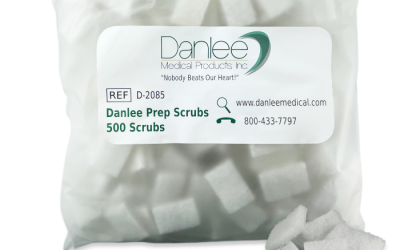Caring for a loved one with Alzheimer’s disease takes a toll, not just on your finances but on your emotional well-being. It makes sense to seek out help. Here are some of the options you have when you need to make a decision regarding your loved one’s care, depending on how far the disease has progressed:
Home care
A lot of families decide to provide home care for loved ones suffering from disease. This means making sure your home is safe for your loved one by keeping your stairways well-lit at all times, locking down medications in a drawer or cabinet, locking down workrooms, storages areas, and stairwells, along with other areas that might prove hazardous to an elderly loved one. It also means removing any objects that could cause them injury.
Formal at-home care
As the disease progresses, there’s a need for specialized knowledge and medical support. That’s where hiring formal Alzheimer’s care at home comes in. From companionship to providing daily living assistance, this helps ease the stress, anxiety and work for families, helping you strike a balance between caring for a loved one and yourself. With the help of an experienced care at home, you have more time and less stress while your senior loved ones are cared for in every way.
Residential care
Your loved ones will need more help during the later stages of the disease. At this point, it might be time to consider a nursing home, assisted living care units. These options ensure 24-hour access to everything they need, along with the assurance that your loved ones are safe.
So if you’re mulling over options for Alzheimer’s care, these are some of the choices you can consider. From at home care to residential facilities, there are treatment options for every stage of your loved one’s disease.








